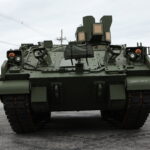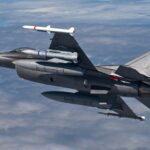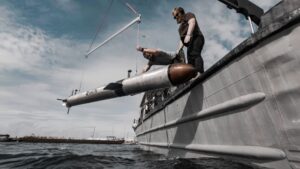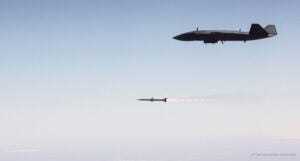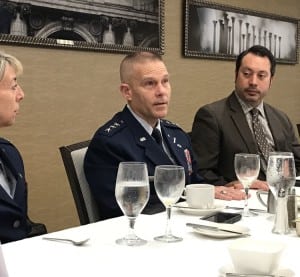
The Air Force is on schedule to deliver a contract award in July for its T-X trainer replacement program in July to replace the aging T-38C Talon, which was involved in a crash Wednesday. Lt. Gen. Steven Kwast, commander of Air Education and Training Command, told reporters Thursday that no cause has been determined for the latest T-38C crash, the second in six months, and the T-X replacement program remains on schedule with no changes.“I have full confidence that we…

 By
By 
